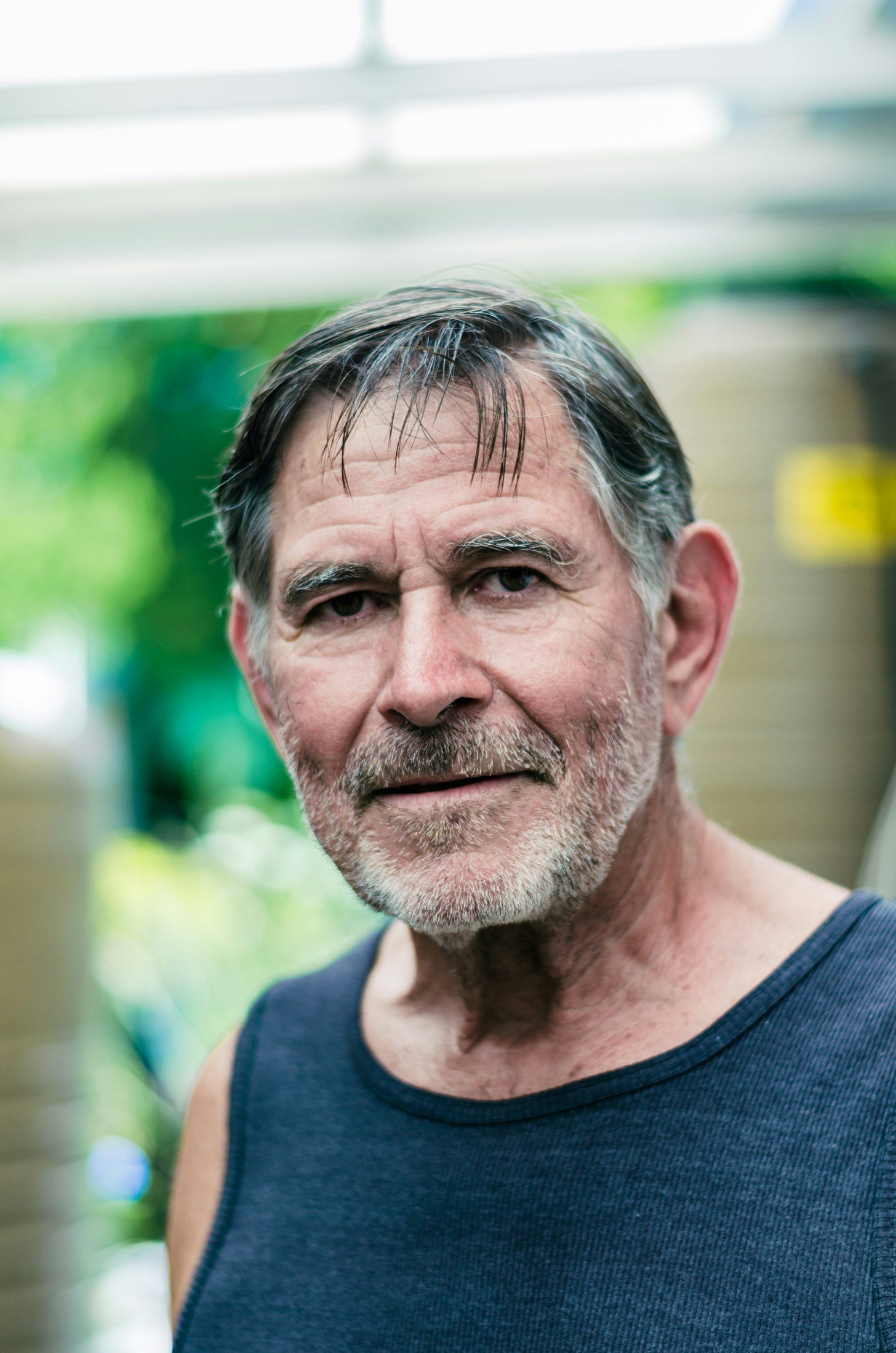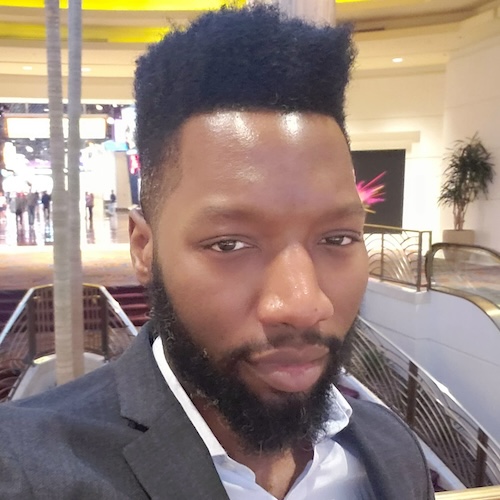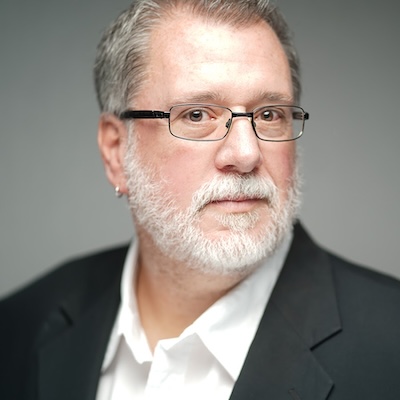Toxic Masculinity Gets Old
Photo: Rowen Smith for Unsplash+
If you are a male born in the first wave of the baby boom (1946 to 1957), you probably absorbed some problematic ideas about masculinity.
Yes, it’s true that we (I’m including myself, born 1951) lived through major social upheavals in the 1960s and 1970s that brought into question traditional values about gender roles and gender equality. And yes, we may have adopted “progressive” or “enlightened” views over time. But in our childhood years, before we had any choice in the matter, we were immersed in the waters of traditional cultural assumptions.
I know this for a fact. I grew up on Davy Crockett, Roy Rogers, Gene Autry, and other exemplars of the lone cowboy ethos. I saw movies about the brave heroes of World War II, prepared to sacrifice themselves for their country. I received clear instruction that I was “the man of the house” whenever my father was absent – a ridiculous thing to tell a 4-year-old. I was told that strong men did not cry and kept their cards close to their chest. If trouble came, I knew I had to “take it like a man” by hanging tough and taking action. I knew that men were the providers and performed their duty by working hard.
This conditioning, deeply embedded in our subconscious minds, made it more difficult to navigate the social revolutions of our adulthood, despite our best intentions. Today the subliminal messages beamed into our brains from the stable, traditional worldview of the1950s continue to make trouble as we approach or reach the end of our breadwinning days.
A headline in a financial publication sums it up this way: “Why So Many Men are Bad at Retirement.”
The answer is no mystery when we examine the messages of our childhood.
Work is life.
Some men have made work the be-all and end-all of their existence. Some refuse to stop working – if they retire from one job, they find another. If they can’t work for pay, they may fill their days with renovation projects around the house, especially the physically challenging ones requiring manly deeds like scaling the roof. Edward Sousa, in an interview for The Guardian, recalls his father who worked himself into a heart attack. “He had retired by then,” Sousa says, “but he just kept going until he couldn’t.”
Many men have difficulty making the transition from work to life after work, particularly those who focused intensely on their career and linked their personal identity to their work. When work ends, they have difficulty finding a new identity.
Real Men Don’t Cry.
A 2023 study looked at how holding masculine ideals – including but not limited to strength, endurance, virility, stoicism, dominance, and competitiveness – affected the health of older men. Short answer: Masculine ideals were associated with worse self-rated health, greater chronic illness, and more symptoms of Depression. Ken Druck, author of The Secrets Men Keep, has observed that many men are unwilling to talk about their struggles with medical challenges, Mental Health, or the changes brought by Aging. Men account for 80% of suicides, and rates are consistently highest in men older than 75. Older men are also far less likely to seek out support.
Is This the End?
The programming from childhood even has an impact on how men and women view retirement. An MIT AgeLab study looked at how men and women describe life after career: Men used words like “rest,” “relax,” and “hobbies,” while women used terms like “freedom,” “peace,” and “time for me.” In short, says AgeLab director Joseph Coughlin, men see retirement as a destination, the end point of their careers and perhaps the reward for them, while women see retirement as the next stage in a continuing journey.
What is to be done? It is possible to unlearn the programming from our childhoods. All it takes is Therapy and/or deep introspection – activities men tend to avoid like the cooties. If men cannot be convinced to examine and update some of their deeply held convictions about masculinity, perhaps some sympathy is in order. It’s not our fault (entirely) that we behave like this, really. We were brainwashed.
























